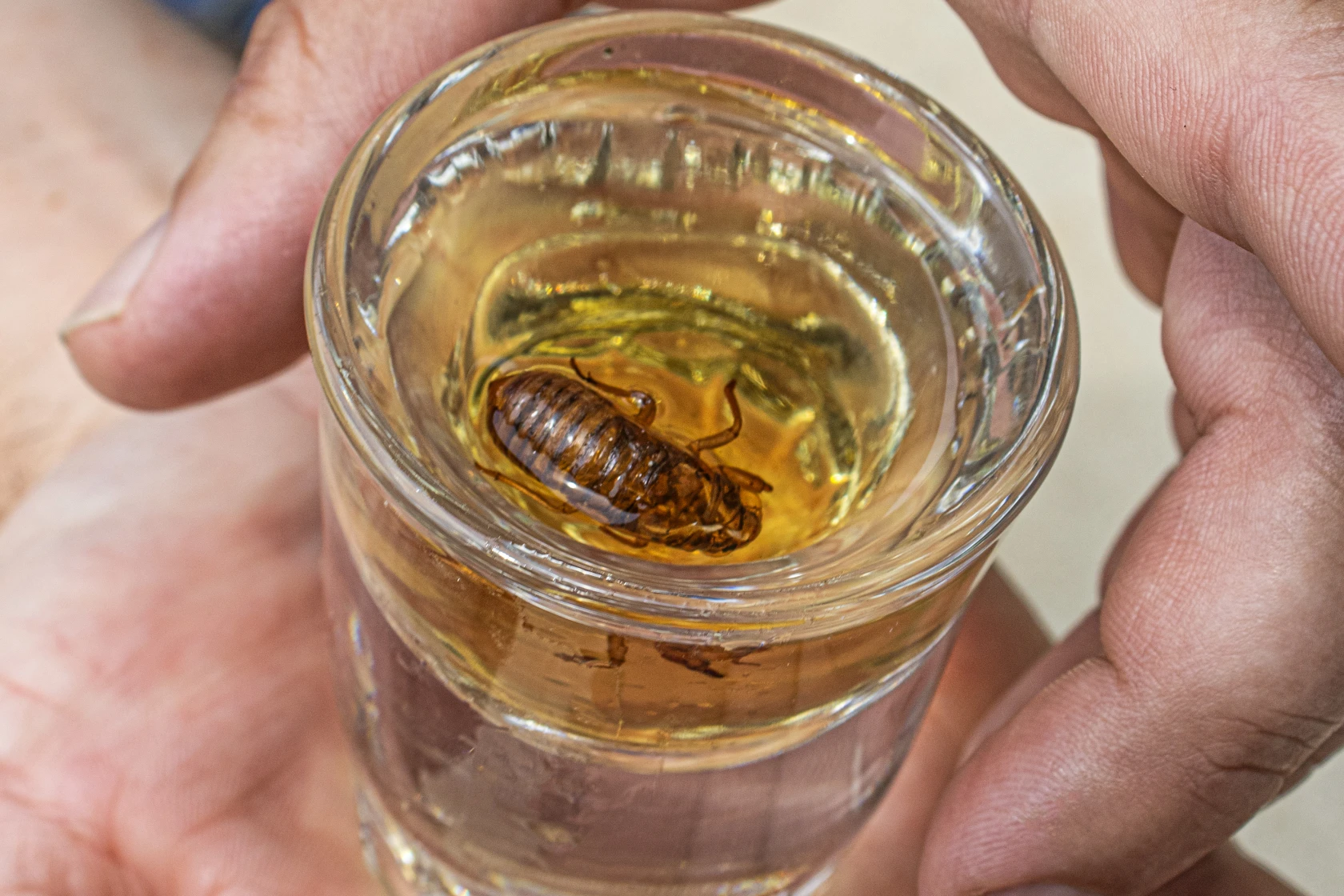Here are a set of simulations designed to help Germany establish a national (rather than a fragmented) kidney exchange system.
Itai Ashlagi, Ágnes Cseh, David Manlove, Axel Ockenfels & William Pettersson, Designing a kidney exchange program in Germany: simulations and recommendations. Central European Journal of Operations Research (2024). https://doi.org/10.1007/s10100-024-00933-0
"Abstract: We examine some of the opportunities and challenges concerned with establishing a centralized national kidney exchange program in Germany. Despite the many advantages of a national program, without deliberate design and policy intervention, a fragmented kidney exchange program may emerge. We study a number of collaboration strategies, and resulting simulations suggest that transplant centers may find it advantageous not to fully participate, resulting in a net reduction in the number of transplants. These results also suggest that allowing more forms of kidney exchange, such as three-way exchanges and non-directed donations, can significantly increase the number of transplants while making participation in a national program more attractive and thus national coordination and cooperation more robust. We propose a multi-level policy approach that is easy to implement and would promote an efficient German kidney exchange program that benefits recipients, donors and hospitals."
...
The concluding sentence of the paper is:
"Germany should establish a robust, well-functioning national KEP that can be easily and straightforwardly integrated into an international KEP."
###########
Background:




